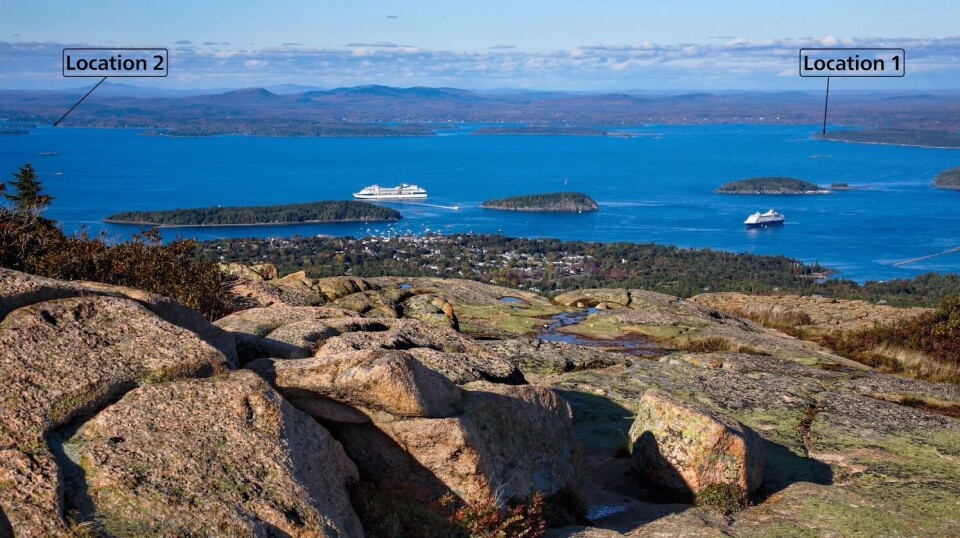
American Aquafarms will submit new bid after dropping legal fight
American Aquafarms, which plans to grow 30,000 tonnes of Atlantic salmon a year in floating closed containment pens in Frenchman Bay, Maine, has withdrawn a lawsuit it was pursuing against the Maine Department of Marine Resources (DMR).
The Norwegian-backed company was appealing against the DMR’s decision to stop processing American Aquafarms’ lease applications because of a lack of an approved ova source for its salmon.
The company cannot refile the same claim, which means that if it wants to go through the permit process again, it will most likely have to start at the beginning. Maine DMR commissioner Patrick Keliher has previously estimated that it would take at least two or three years for the company to gain a permit.
‘Conversation, not conflict’
Fish Farming Expert hasn’t been able to contact the company, but a spokesman for American Aquafarms told Maine media outlet the Portland Press Herald that the company will submit a new application in the near future.
“Absolutely. We want to come back. This is a good project,” Tom Brennan, the company’s director of development, told the Press Herald in a telephone interview. “It’s state of the art technology and the world needs a reliable food source. Aquaculture is the way to do it.”
Dropping the lawsuit is the company’s way of showing it wants to open a dialogue with the state and the fishing community, he told the paper. “We want conversation, not conflict.”
Opponents ‘remain vigilant’
American Aquafarms’ plan has attracted local opposition despite proposing to use technology that would maintain a barrier between farmed and wild fish, and capture much of the faeces and uneaten feed that is released into the water column from open net pens. The company has planned to use that waste to generate power and make fertiliser.
Harry Sharpe, board president of Frenchman Bay United, a group which opposes American Aquafarms’ plans, said: “We have always believed that DMR made the right decision in refusing to accept the company’s lease applications and that this lawsuit had little merit.”
He called on the company to end any plans it may have to re-apply for permits “for this or other destructive and highly polluting projects”.
He added: “We hope that this is the end for American Aquafarms, but we remain vigilant and ready to challenge any subsequent applications they may file that would jeopardise Maine’s brand: clean water, thriving natural habitats, pristine wilderness, and a robust, owner-operated working waterfront. We’ll also continue to push science-based policies for legislative and regulatory change that champion the same virtues, ones that prevent the industrialisation of our iconic coastline.”






















































